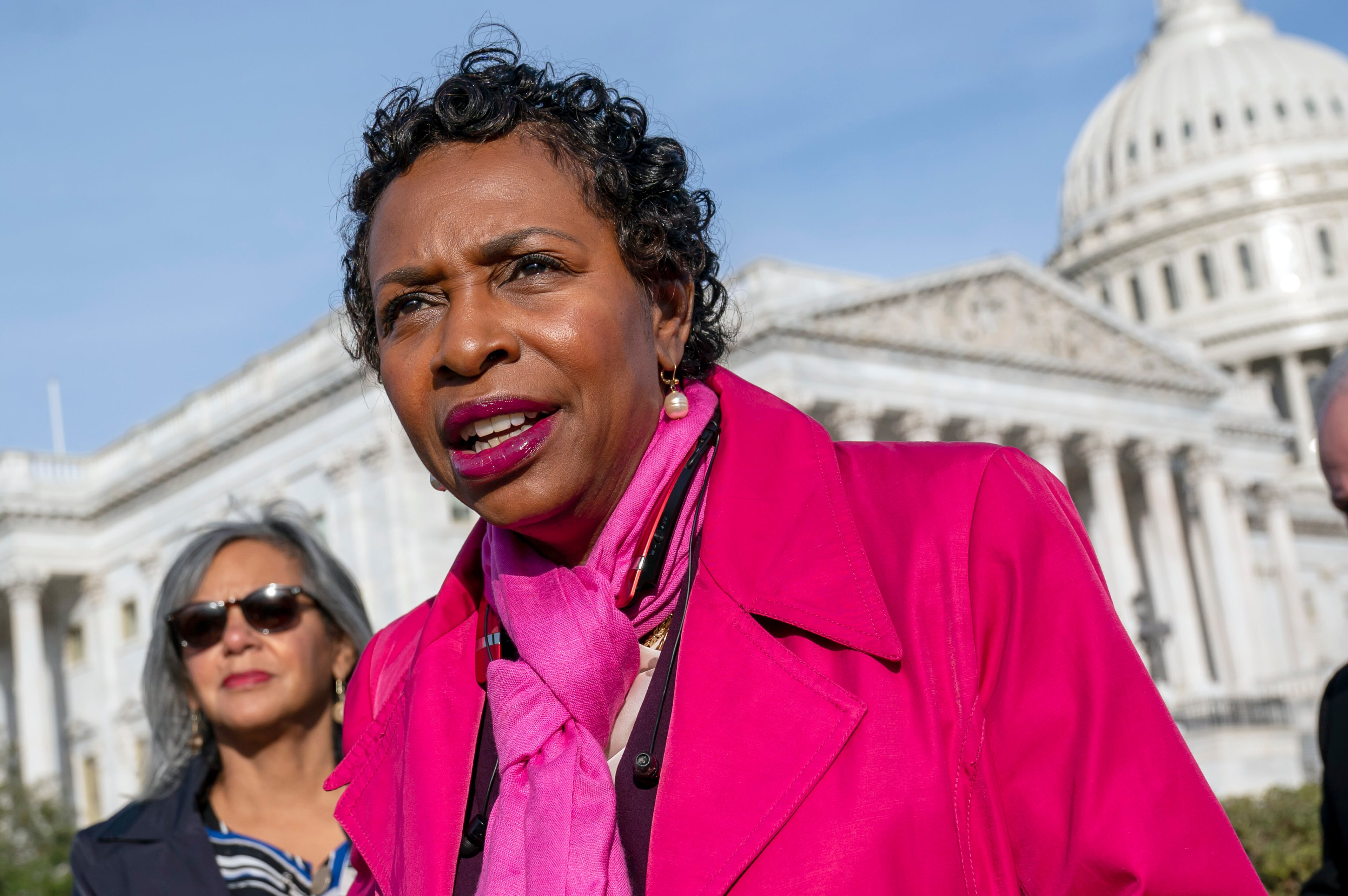What other papers are saying about campus protests
Newspapers across the country have weighed in the protests roiling campuses. Here are a few excerpts of editorials and opinions:
It is never OK to use physical violence against people with whom you disagree. This should be obvious, but the events that unfolded on the UCLA campus early Wednesday show the consequences when that message is lost.
Anyone who is found to have participated in the violence should be held accountable, as Gov. Gavin Newsom said Wednesday. [O]therwise such attacks are bound to continue as the campus protest movement grows nationwide. Free speech and protest are foundations of the United States — and it’s been a cornerstone of American university life for decades. It’s unacceptable for anyone to try to silence an opinion they don’t agree with through intimidation and violence.
Carteret County (N.C.) News-Times
The focus today is on the extreme position of college students attending America’s elite universities, who are ignoring critical thinking and instead hewing to group-think as they profess “solidarity” with a political movement dedicated to the genocide of Jews. But that is a distraction from the greater concern of how did these students lose their moral center? The first place to look for that answer is in the nation’s primary education system that for too long has been given free reign over educating and even indoctrinating America’s future leaders.
Those who oppose Israel’s role in this conflict have the right to express their views, but not to the extent of disrupting the college experience for the vast majority of students.
Or threatening the well-being of American citizens who just happen to share the same heritage or religion as the object of your ire.
Eventually this phase of the conflict will conclude. Likewise, this time of intense student activism, too, shall pass. The universities and colleges that emerge from this moment having more or less kept intact their reputations and the trust of their students, parents and alumni will have accomplished something important indeed.
That said, it’s incumbent on Northwestern to ensure no further harassment of Jewish students is tolerated....
Vigilance is critical; the job in Evanston is not close to over.
The Minnesota Daily (University of Minnesota)
It is easy to only see the negative in this situation, but knowing several people who have attended these protests, I can tell they are passionate about preventing further civilian deaths in Gaza.
With that said, bad actors who have organized many of these protests have spewed antisemitic rhetoric as well as encouraging violence on college campuses.
The use of chants like “Intifada revolution” and “Death to Zionists” represent the lack of knowledge of many of protestors as well as the antisemitism currently seen on college campuses. (Colby Pitzenberger)
Setting aside questions about double standards and what kind of groups attract attention from UW administrators, there must be very clear distinctions between speech and violence.
The UW must reinforce values that encourage debate while leaving no room for intimidation and intolerance. For this incident to be an example of how universities ought to act, discipline and consequences must follow.
TribLive (Pittsburgh Tribune-Review)
The students need to be heard. They also need to listen. The same can be said of the colleges — and lawmakers and the Biden administration for that matter. There also has to be recognition that refusing to concede points and acknowledge wrongs has gotten Israel and the Palestinians nowhere for decades, so it is unlikely to work on a campus.
The worst expressions are not necessarily representative of all protesters, who themselves make up just a small fraction of students and young people generally. But any human rights movement worthy of the name should practice zero tolerance of antisemitism, period.
Today’s campus eruptions may be aimed at U.S. policy in the Middle East, but they are a symptom of a larger trend toward street protest and law-breaking to achieve political goals. Political and other leaders have a duty to call this out and enforce public order, whether the violators are on the left or right.
Generations of Cornellians will look back at the administration’s clear intimidation of protesters with shame. ...
We have seen how the University is not only failing and ignoring the calls of its students but actively stifling campus protests. The very principles of free expression taught in our lecture halls, studied in our readings and practiced throughout our college’s vibrant history of activism are being rejected.
Cornell students today are simply doing what they’ve always done best: pushing back with nonviolence. President Pollack, if she has a shred of moral courage left, must immediately allow back the four students suspended in connection with the pro-Palestine encampment, though nothing she could do in the weeks running up to graduation will save this failure of a free expression year.
The transformation of the protests into a national political football is perhaps inevitable — everyone up to President Richard Nixon sounded off about students in ‘68 — but it is still a shame. Because student protests, even at their most disruptive, are at their core an extension of education by other means, to paraphrase Carl von Clausewitz’s famous definition of war….
I’m not sure exactly how that spring of 1968 affected my life. I suspect it forced me to think in ways that have informed my reporting on the world. What I do know is that I’m heartened to see that college kids will still get angry over injustice and suffering and will try to do something about it. (Serge Schmenann)


